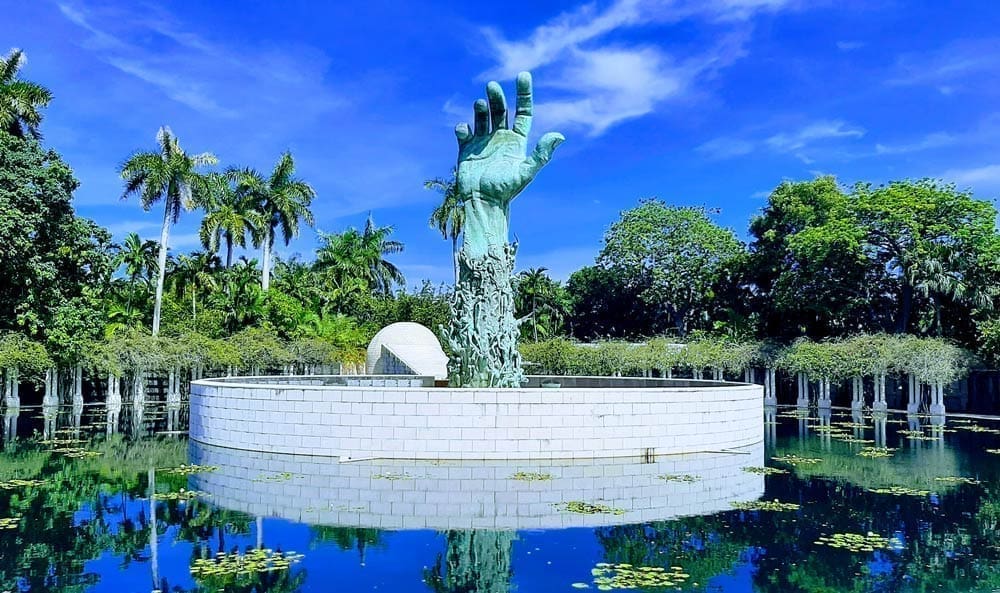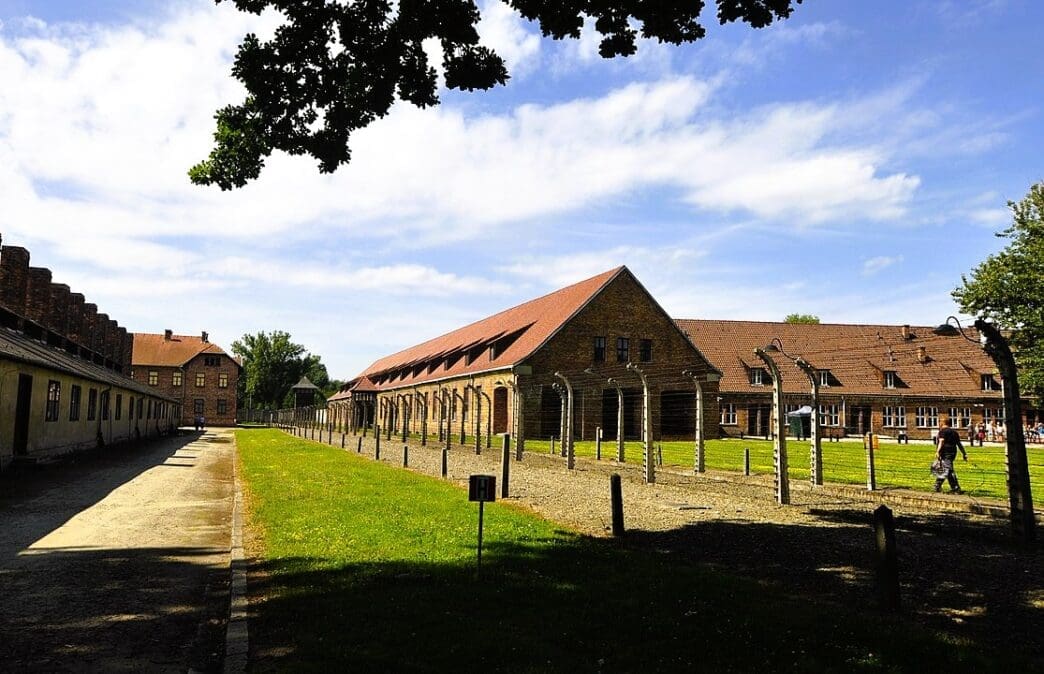More than eighty years after the Holocaust, over 200,000 Jewish survivors are still alive, though a significant decline in their numbers is projected over the next decade. The median age of these survivors is currently 87, with more than 1,400 individuals aged over 100. A recent study highlights that this generation represents the last opportunity to hear first-hand testimonies of those who endured one of history’s most horrific atrocities.
The report, titled “Vanishing Witnesses,” provides an analysis of population projections and mortality rates extending through 2040. Based on data collected since 1952 by the Conference on Jewish Material Claims Against Germany, the findings reveal that nearly 50% of Holocaust survivors will pass away within the next six years, escalating to 70% within 10 years, and reaching 90% within 15 years. The organization has been instrumental in negotiating direct payments and social welfare services for these survivors.

During the Holocaust, six million European Jews were murdered by the Nazis and their collaborators. Exact numbers of survivors from death camps, ghettos, or those who hid across Nazi-occupied Europe remain uncertain. In 1939, Poland had 3.3 million Jews, but only about 300,000 survived. Germany’s Jewish population was around 560,000 in 1933, shrinking to about 15,000 post-war.
Following World War II, survivors established communities worldwide, currently spread across 90 countries. Mortality rates among survivors differ depending on health care access and economic conditions. For instance, Israel, home to half of all Holocaust survivors, had 110,100 survivors as of October 2024, with a projected decline to 62,900 by 2030, a 43% reduction. The United States had 34,600 survivors in late 2024, expected to drop by 39% to 21,100. In former Soviet Union countries, the number of survivors is predicted to decrease from 25,500 to 11,800 by 2030, a 54% decline.
This report underscores the urgency to hear survivors’ voices while they are still with us. Many survivors worry about preserving their memories for future generations. Albrecht Weinberg, a 100-year-old survivor from Germany, expressed ongoing struggles with haunting memories of the Holocaust. Having survived numerous concentration camps and teaching about these atrocities for many years, he is concerned about the preservation of these stories once this generation is no longer around, emphasizing the importance of documenting their experiences for future generations to learn from.

Impact on the Jewish Community in Miami and Miami Beach
The projected mortality rates of Holocaust survivors present a significant concern for the Jewish community in Miami, Miami Beach, and surrounding districts. With a notable population of Jewish residents in these areas—many of whom are descendants of Holocaust survivors—the impending loss of these individuals will have profound implications for communal identity and memory. The survivors represent a living link to a traumatic past that shapes Jewish identity and collective remembrance. As they pass, the community must address the challenge of preserving their stories and experiences, which are crucial for educational initiatives aimed at combating anti-Semitism and fostering tolerance.
Challenges and Opportunities for Preservation of Testimonies
The reality depicted in the report highlights not only the challenges of the imminent passing of Holocaust survivors but also the opportunities that arise from such a dire situation. The Jewish community in Miami can harness technology to preserve and disseminate survivor testimonies widely. Initiatives such as digital archives, video recordings, and online platforms can help ensure that these voices are not just remembered but actively engaged with by future generations.
The Role of Community Engagement in Remembering the Holocaust
Engagement is pivotal in the efforts to commemorate and honor Holocaust survivors as their numbers dwindle. The Jewish community in Miami and Miami Beach can play a crucial role in creating a supportive environment that encourages survivors to share their experiences openly. By establishing community forums and support groups, survivors can find solace in shared stories while also finding purpose in educating others about their past.
Moreover, fostering partnerships with cultural institutions, museums, and universities can amplify community efforts. Events like Holocaust remembrance marches, art exhibitions, and storytelling festivals could serve as platforms where survivors’ stories are honored and showcased. These initiatives will not only help in preserving the memory of Holocaust survivors but also galvanize solidarity within the community, ensuring that the legacy of resilience and survival continues to resonate in Miami and beyond.
Local Museums and Memorials as Key Resources for Holocaust Education
Miami and Miami Beach host several significant institutions dedicated to Holocaust education, remembrance, and the commemoration of survivors. Among these, the Holocaust Memorial Miami Beach stands out as a poignant reminder of the atrocities faced by Jewish individuals during the Holocaust. This memorial features a striking sculpture of a hand rising from the ground, symbolizing the helplessness of victims and the resilience of survivors. The site serves as both a memorial and an educational resource, hosting programs and events that aim to raise awareness about the Holocaust and its lessons.
Additionally, the Jewish Museum of Florida-FIU offers exhibits that reflect the history, culture, and experiences of Jewish communities in Florida and beyond, including those affected by the Holocaust. This museum provides educational programming and outreach initiatives that emphasize the importance of preserving this history.
Moreover, the Holocaust Documentation and Education Center in Dania Beach plays a crucial role in collecting and preserving Holocaust narratives, artifacts, and photographs. It serves as a vital resource for researchers, educators, and anyone looking to deepen their understanding of this dark chapter in history.
Together, these institutions not only memorialize the experiences of Holocaust survivors but also engage the community in meaningful conversations about tolerance, history, and the dangers of hatred, ensuring that the lessons of the past are not forgotten. By promoting awareness and education through these museums and memorials, the Jewish community in Miami and Miami Beach can take significant steps toward honoring the legacy of survivors and preserving their testimonies for future generations.














